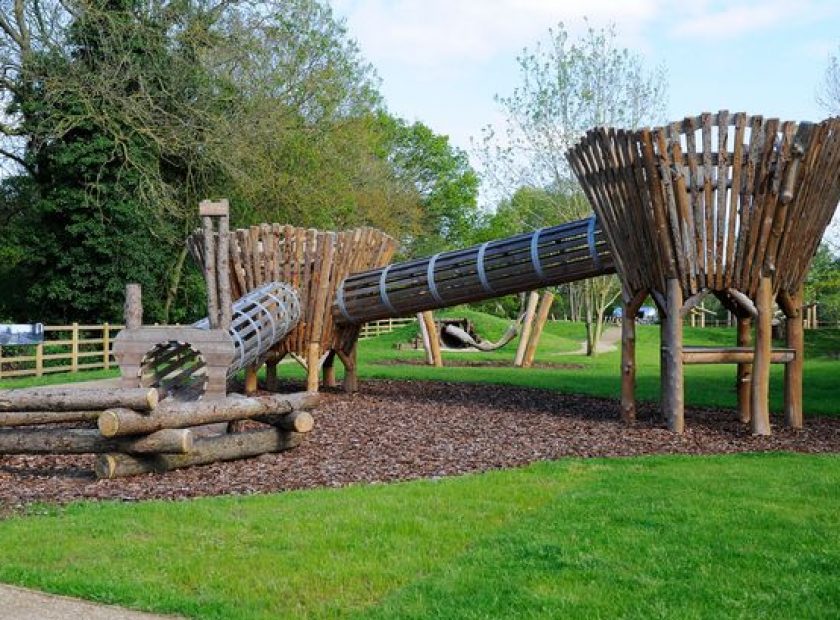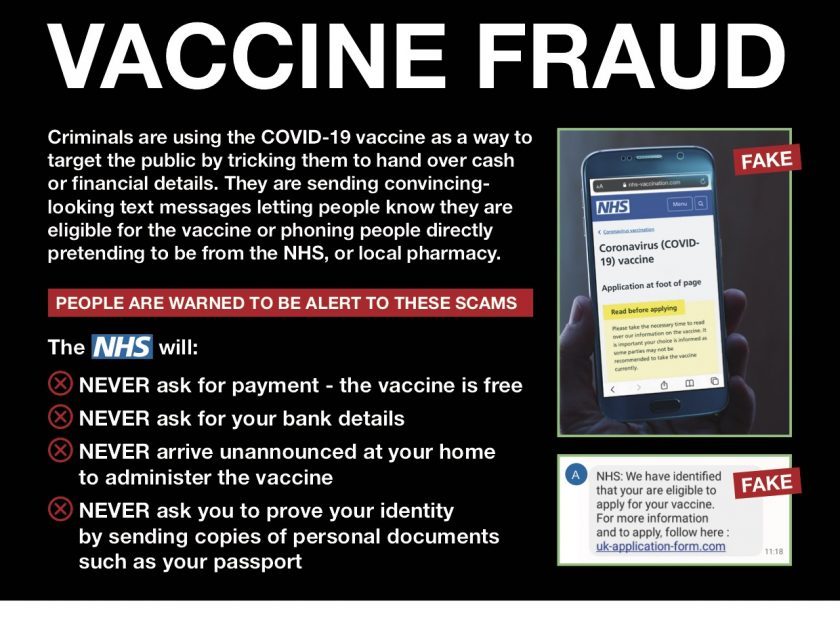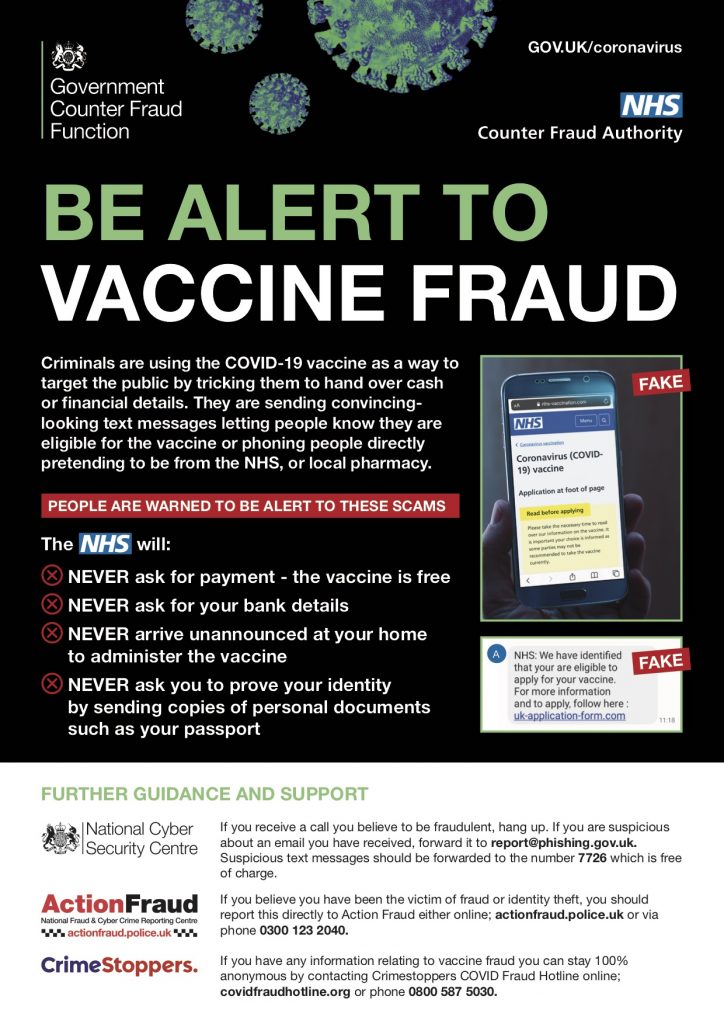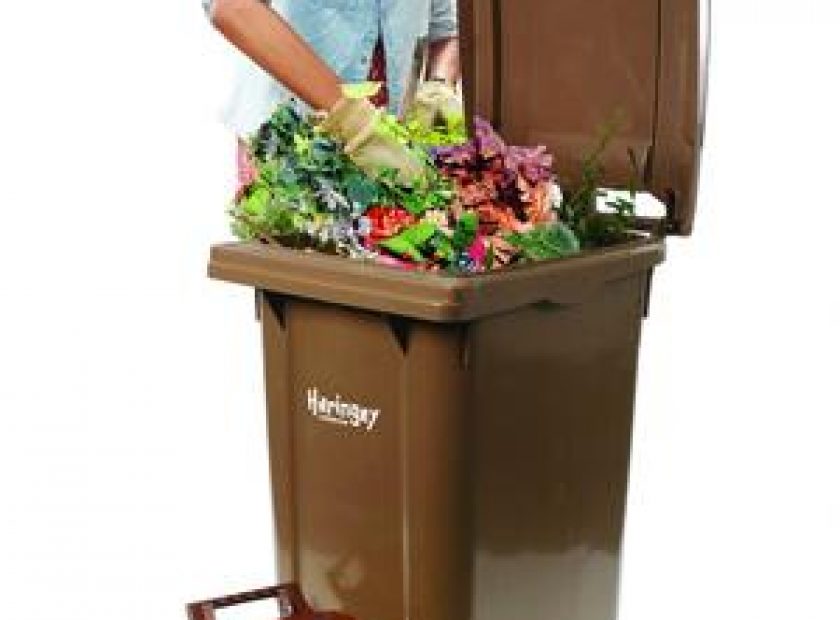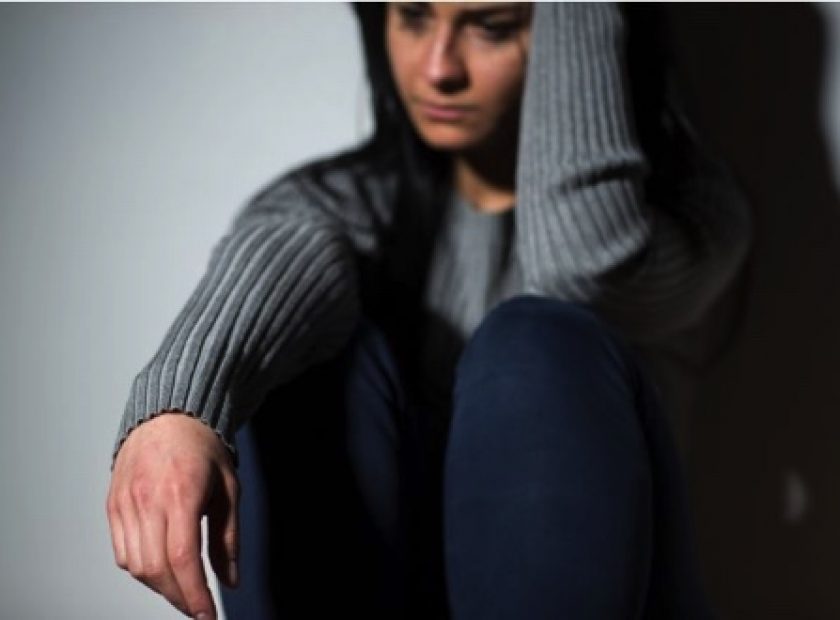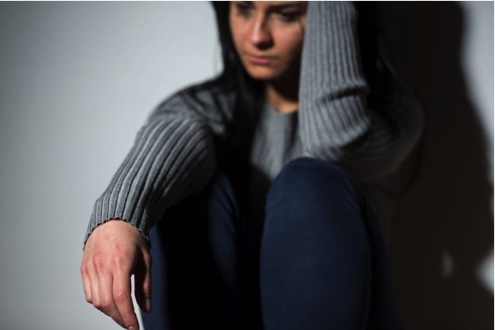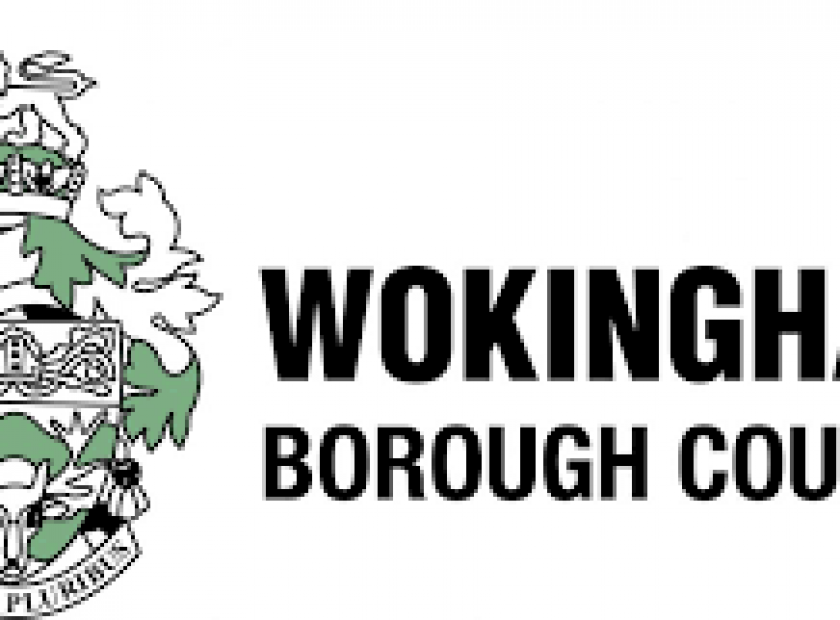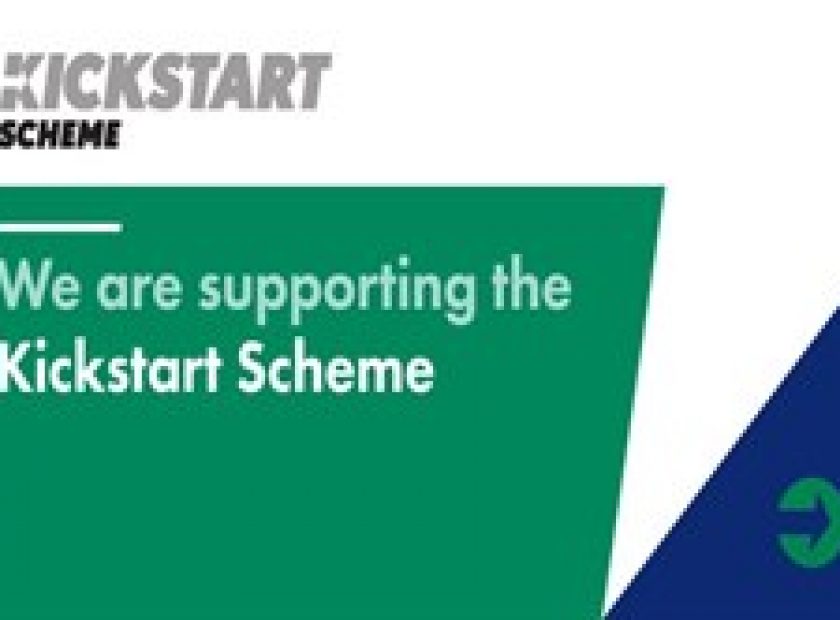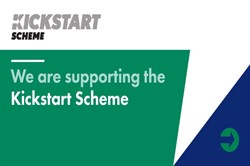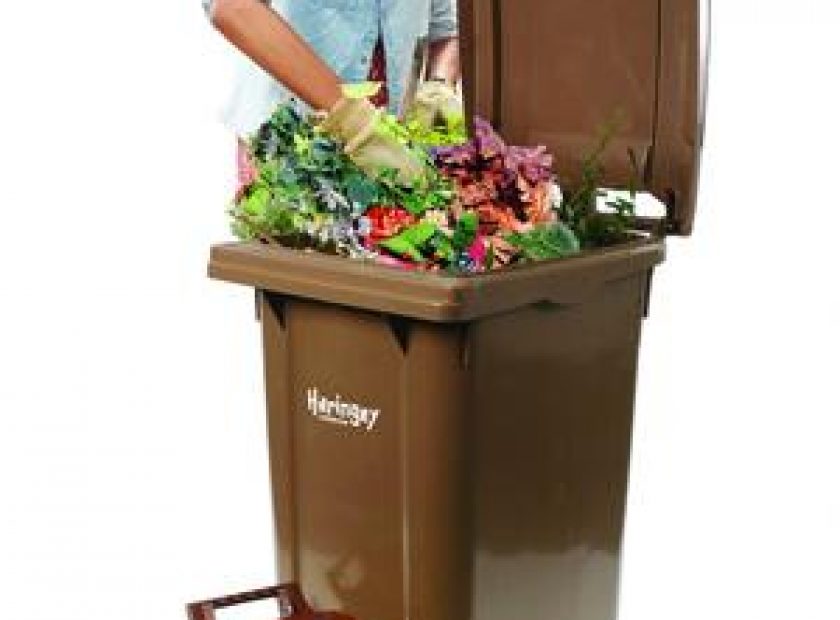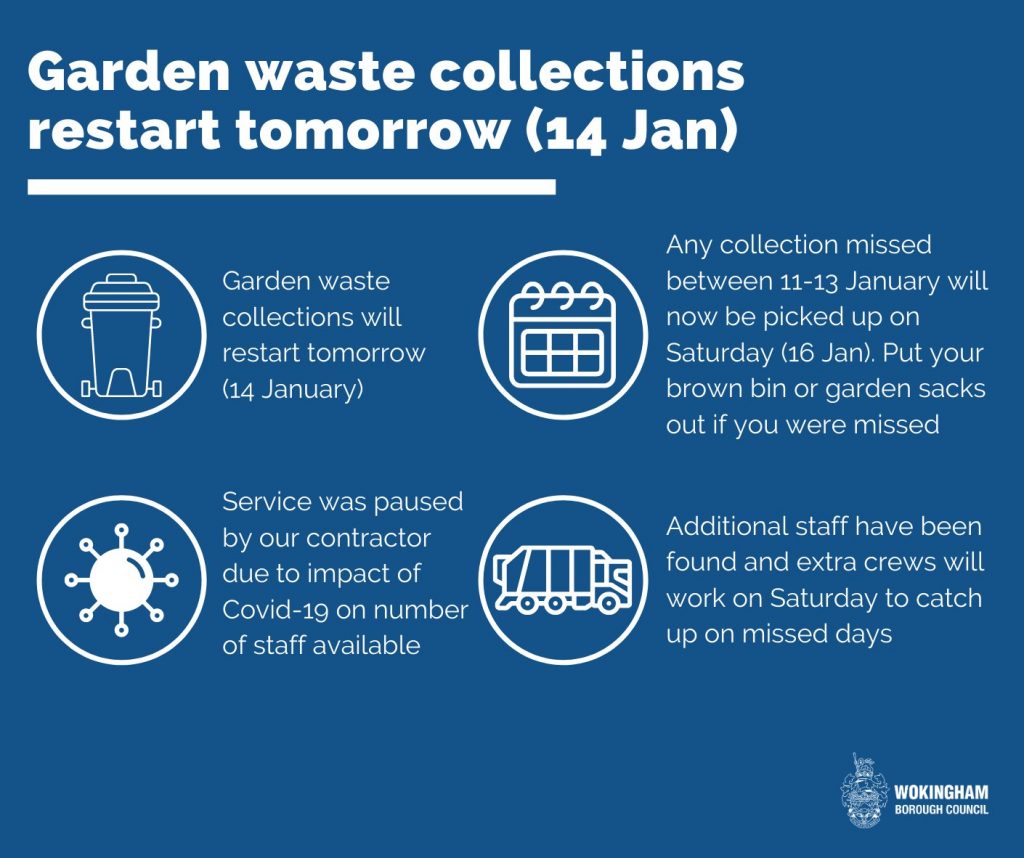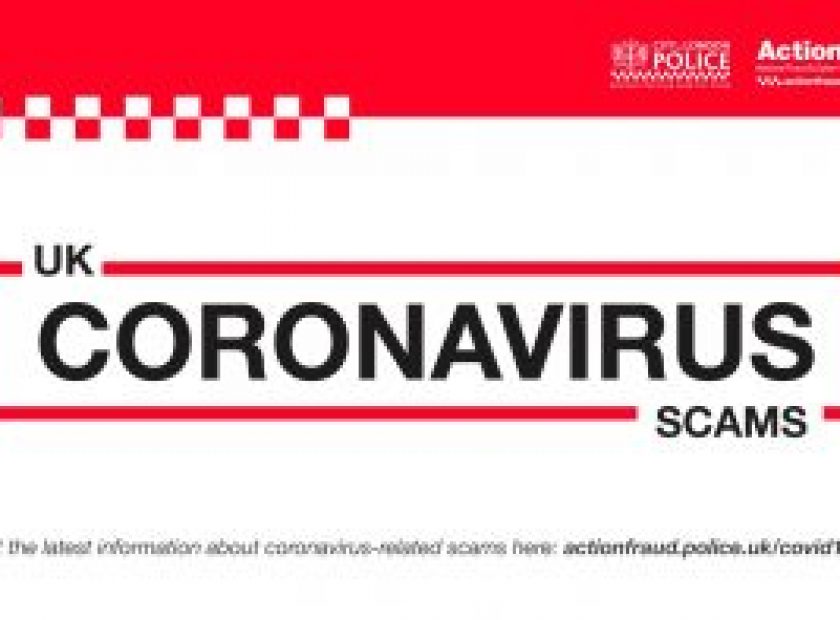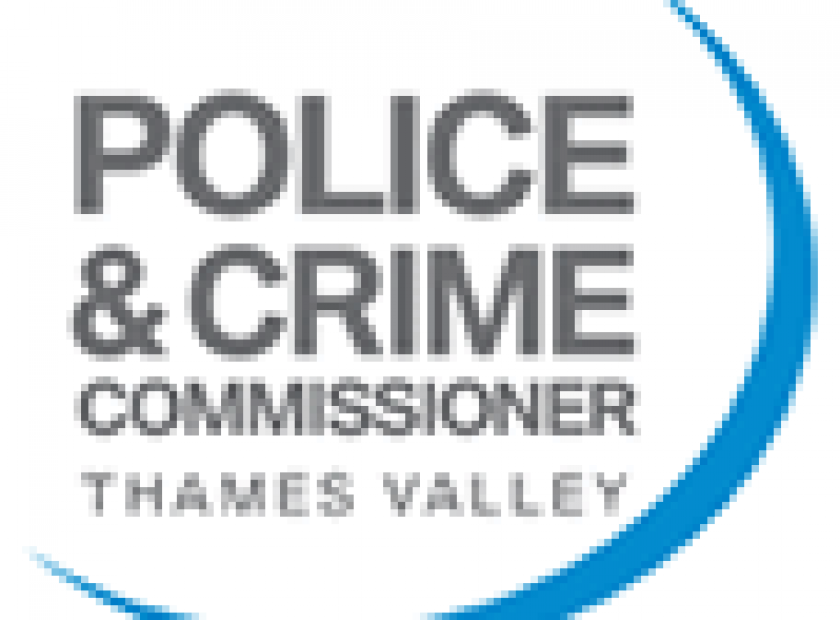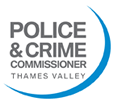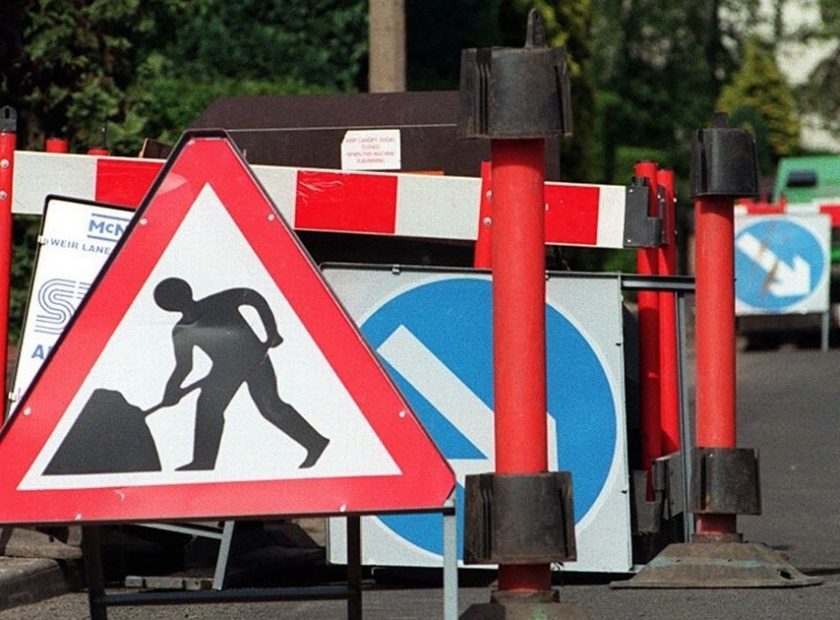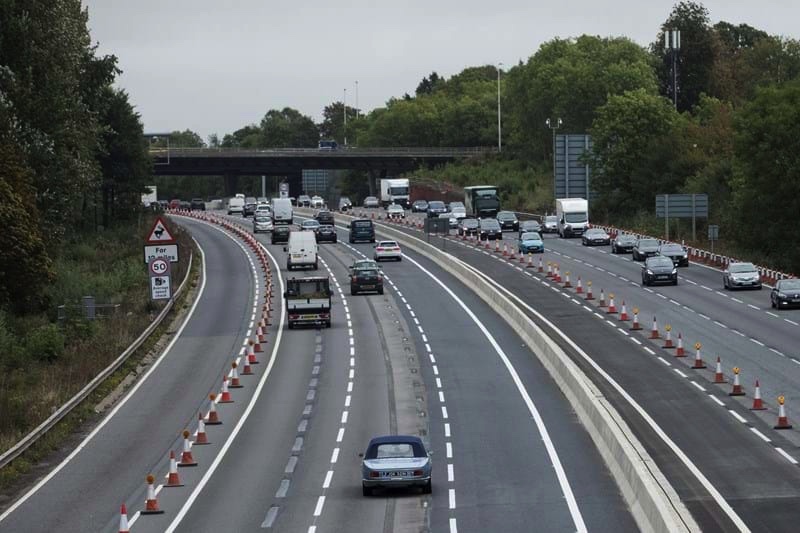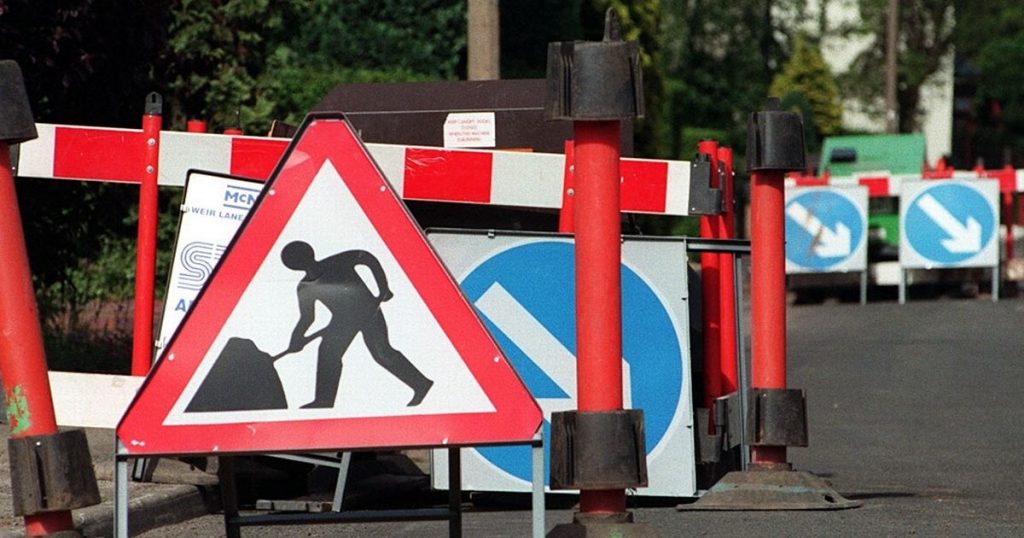Following the announcement from Prime Minister Boris Johnson on the evening of Monday 4th January, England is now in a National Lockdown in an attempt to curb the spread of Covid 19.
What you can and cannot do during the national lockdown
You must stay at home. The single most important action we can all take is to stay at home to protect the NHS and save lives.
You should follow this guidance immediately. The law will be updated to reflect these new rules.
Leaving home
You must not leave, or be outside of your home except where necessary. You may leave the home to:
- shop for basic necessities, for you or a vulnerable person
- go to work, or provide voluntary or charitable services, if you cannot reasonably do so from home
- exercise with your household (or support bubble) or one other person, this should be limited to once per day, and you should not travel outside your local area.
- meet your support bubble or childcare bubble where necessary, but only if you are legally permitted to form one
- seek medical assistance or avoid injury, illness or risk of harm (including domestic abuse)
- attend education or childcare – for those eligible.
Colleges, primary and secondary schools will remain open only for vulnerable children and the children of critical workers. All other children will learn remotely until February half term. Early Years settings remain open.
Higher Education provision will remain online until mid-February for all except future critical worker courses.
If you do leave home for a permitted reason, you should always stay local in the village, town, or part of the city where you live. You may leave your local area for a legally permitted reason, such as for work.
If you are clinically extremely vulnerable you should only go out for medical appointments, exercise or if it is essential. You should not attend work
Meeting others
You cannot leave your home to meet socially with anyone you do not live with or are not in a support bubble with (if you are legally permitted to form one).
You may exercise on your own, with one other person, or with your household or support bubble.
You should not meet other people you do not live with, or have formed a support bubble with, unless for a permitted reason.
Stay 2 metres apart from anyone not in your household.
Hands – Face – Space
Approximately 1 in 3 people who have coronavirus have no symptoms and could be spreading it without realising it.
Remember – ‘Hands. Face. Space.’
- hands – wash your hands regularly and for at least 20 seconds
- face – wear a face covering in indoor settings where social distancing may be difficult, and where you will come into contact with people you do not normally meet
- space – stay 2 metres apart from people you do not live with where possible, or 1 metre with extra precautions in place (such as wearing face coverings).
In all circumstances, you should follow the guidance on meeting others safely.
When you can leave home
You must not leave or be outside of your home except where you have a ‘reasonable excuse’. This will be put in law. The police can take action against you if you leave home without a ‘reasonable excuse’, and issue you with a fine (Fixed Penalty Notice).
You can be given a Fixed Penalty Notice of £200 for the first offence, doubling for further offences up to a maximum of £6,400.
A ‘reasonable excuse’ includes:
- Work – you can only leave home for work purposes where it is unreasonable for you to do your job from home, including but not limited to people who work within critical national infrastructure, construction or manufacturing that require in-person attendance
- Volunteering – you can also leave home to provide voluntary or charitable services.
- Essential activities – you can leave home to buy things at shops or obtain services. You may also leave your home to do these things on behalf of a disabled or vulnerable person or someone self-isolating.
- Education and childcare – You can only leave home for education, registered childcare, and supervised activities for children where they are eligible to attend. Access to education and children’s activities for school-aged pupils is restricted. See further information on education and childcare. People can continue existing arrangements for contact between parents and children where they live apart. This includes childcare bubbles.
- Meeting others and care – You can leave home to visit people in your support bubble ( if you are legally permitted to form one), to provide informal childcare for children under 14 as part of a childcare bubble (for example, to enable parents to work, and not to enable social contact between adults), to provide care for disabled or vulnerable people, to provide emergency assistance, to attend a support group (of up to 15 people), or for respite care where that care is being provided to a vulnerable person or a person with a disability, or is a short break in respect of a looked-after child.
- Exercise – You can continue to exercise alone, with one other person or with your household or support bubble. This should be limited to once per day, and you should not travel outside your local area.You should maintain social distancing. See exercising and meeting other people.
- Medical reasons – You can leave home for a medical reason, including to get a COVID-19 test, for medical appointments and emergencies.
- Harm and compassionate visits – you can leave home to be with someone who is giving birth, to avoid injury or illness or to escape risk of harm (such as domestic abuse). You can also leave home to visit someone who is dying or someone in a care home (if permitted under care home guidance), hospice, or hospital, or to accompany them to a medical appointment.
- Animal welfare reasons – you can leave home for animal welfare reasons, such as to attend veterinary services for advice or treatment.
- Communal worship and life events – You can leave home to attend or visit a place of worship for communal worship, a funeral or event related to a death, a burial ground or a remembrance garden, or to attend a wedding ceremony. You should follow the guidance on the safe use of places of worship and must not mingle with anyone outside of your household or support bubble when attending a place of worship.Weddings, funerals and religious, belief-based or commemorative events linked to someone’s death are all subject to limits on the numbers that can attend, and weddings and civil ceremonies may only take place in exceptional circumstances.
There are further reasonable excuses. For example, you may leave home to fulfil legal obligations or to carry out activities related to buying, selling, letting or renting a residential property, or where it is reasonably necessary for voting in an election or referendum.
Exercising and meeting other people
You should minimise time spent outside your home.
It is against the law to meet socially with family or friends unless they are part of your household or support bubble. You can only leave your home to exercise, and not for the purpose of recreation or leisure (e.g. a picnic or a social meeting). This should be limited to once per day, and you should not travel outside your local area.
You can exercise in a public outdoor place:
- by yourself
- with the people you live with
- with your support bubble (if you are legally permitted to form one)
- in a childcare bubble where providing childcare
- or, when on your own, with 1 person from another household
Public outdoor places include:
- parks, beaches, countryside accessible to the public, forests
- public gardens (whether or not you pay to enter them)
- the grounds of a heritage site
- playgrounds
Outdoor sports venues, including tennis courts, golf courses and swimming pools, must close.
When around other people, stay 2 metres apart from anyone not in your household – meaning the people you live with – or your support bubble. Where this is not possible, stay 1 metre apart with extra precautions (e.g. wearing a face covering).
You must wear a face covering in many indoor settings, such as shops or places of worship where these remain open, and on public transport, unless you are exempt. This is the law. Read guidance on face coverings.
Support and childcare bubbles
You have to meet certain eligibility rules to form a support or childcare bubble. This means not everyone will be able to form a bubble.
A support bubble is a support network which links two households. You can form a support bubble with another household of any size only if you meet the eligibility rules.
It is against the law to form a support bubble if you do not follow these rules.
You are permitted to leave your home to visit your support bubble (and to stay overnight with them). However, if you form a support bubble, it is best if this is with a household who live locally. This will help prevent the virus spreading from an area where more people are infected.
If you live in a household with anyone aged under 14, you can form a childcare bubble. This allows friends or family from one other household to provide informal childcare.
You must not meet socially with your childcare bubble, and must avoid seeing members of your childcare and support bubbles at the same time.
There is separate guidance for support bubbles and childcare bubbles.
Where and when you can meet in larger groups
There are still circumstances in which you are allowed to meet others from outside your household, childcare or support bubble in larger groups, but this should not be for socialising and only for permitted purposes. A full list of these circumstances will be included in the regulations, and includes:
- for work, or providing voluntary or charitable services, where it is unreasonable to do so from home. This can include work in other people’s homes where necessary – for example, for nannies, cleaners, social care workers providing support to children and families, or tradespeople. See guidance on working safely in other people’s homes). Where a work meeting does not need to take place in a private home or garden, it should not – for example, although you can meet a personal trainer, you should do so in a public outdoor place.
- in a childcare bubble (for the purposes of childcare only)
- Where eligible to use these services, for education, registered childcare, and supervised activities for children. Access to education and childcare facilities is restricted. See further information on education and childcare.
- for arrangements where children do not live in the same household as both their parents or guardians
- to allow contact between birth parents and children in care, as well as between siblings in care
- for prospective adopting parents to meet a child or children who may be placed with them
- to place or facilitate the placing of a child or children in the care of another by social services
- for birth partners
- to provide emergency assistance, and to avoid injury or illness, or to escape a risk of harm (including domestic abuse)
- to see someone who is dying
- to fulfil a legal obligation, such as attending court or jury service
- for gatherings within criminal justice accommodation or immigration detention centres
- to provide care or assistance to someone vulnerable, or to provide respite for a carer
- for a wedding or equivalent ceremony in exceptional circumstances and only for up to 6 people
- for funerals – up to a maximum of 30 people. Wakes and other linked ceremonial events can continue in a group of up to 6 people.
- to visit someone at home who is dying, or to visit someone receiving treatment in a hospital, hospice or care home, or to accompany a family member or friend to a medical appointment
- for elite sportspeople (and their coaches if necessary, or parents/guardians if they are under 18) – or those on an official elite sports pathway – to compete and train
- to facilitate a house move
Support groups that have to be delivered in person can continue with up to 15 participants where formally organised to provide mutual aid, therapy or any other form of support – but they must take place at a premises other than a private home.
Where a group includes someone covered by an exception (for example, someone who is working or volunteering), they are not generally counted as part of the gatherings limit. This means, for example, a tradesperson can go into a household without breaching the limit, if they are there for work, and the officiant at a wedding would not count towards the limit.
If you break the rules
The police can take action against you if you meet in larger groups. This includes breaking up illegal gatherings and issuing fines (fixed penalty notices).
You can be given a Fixed Penalty Notice of £200 for the first offence, doubling for further offences up to a maximum of £6,400. If you hold, or are involved in holding, an illegal gathering of over 30 people, the police can issue fines of £10,000.
Further information can be found on the government website HERE.

